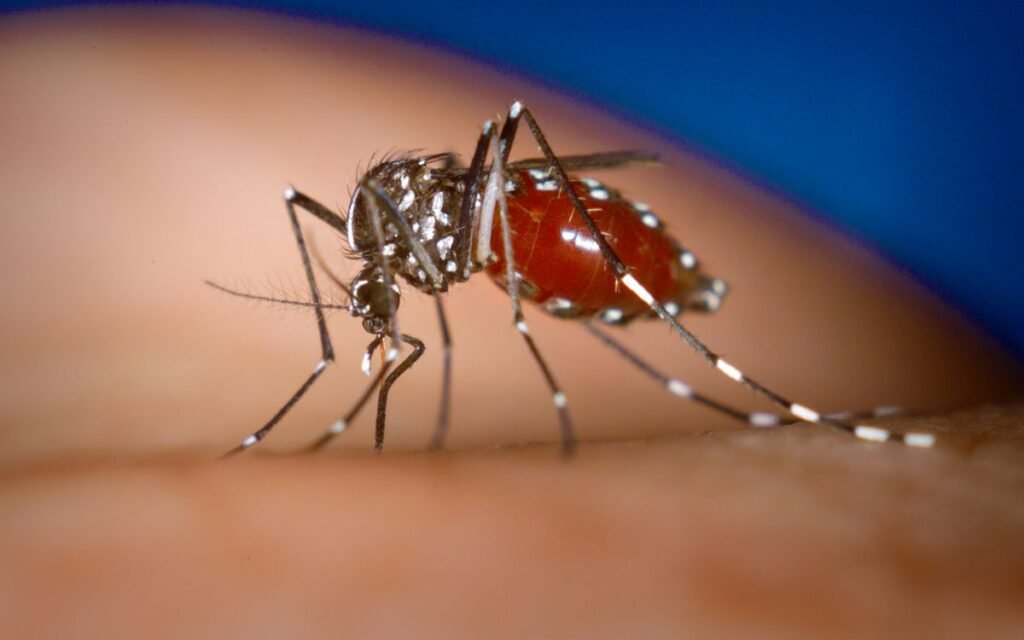Amidst Johnson & Johnson’s strategic restructuring in the infectious disease and vaccine divisions, one resilient contender has emerged. JNJ-1802, an oral candidate designed to combat dengue, has demonstrated notable antiviral efficacy in a human challenge study, instilling optimism as it progresses toward broader community-based trials.
This year has witnessed a consolidation of Johnson & Johnson’s infectious disease and vaccine endeavors, leading to the discontinuation of several drug candidates. Yet, JNJ-1802, a molecule engineered to obstruct interactions between two dengue virus proteins, has not only withstood the pruning but has advanced to a pivotal phase 2 trial involving 1,850 participants.
The potential of JNJ-1802 was hinted at in a March publication in the scientific journal Nature, which showcased its initial promise. Presently, Johnson & Johnson is utilizing the American Society of Tropical Medicine & Hygiene Annual Meeting in Chicago to unveil additional data on this remarkable candidate.
The latest findings stem from a phase 2 trial, where healthy volunteers were randomly assigned to receive daily doses of JNJ-1802 or a placebo over 26 days. On the fifth day, the subjects were deliberately exposed to dengue virus serotype 3 (DENV-3) and closely monitored for 85 days. The study unveiled a dose-dependent antiviral effect on the detectability of DENV-3 RNA and the time to the first onset of detectable DENV-3 RNA.
Also Read: Johnson & Johnson Overcomes CAR-T Drug Carvykti’s Launch Challenges With Manufacturing Improvements
JNJ-1802’s development journey has seen its fair share of alterations. One clinical trial was halted due to COVID-19’s impact on enrollment, and another study’s recruitment was temporarily paused last year. Nonetheless, Johnson & Johnson’s commitment to this candidate was underscored by enrolling 1,850 participants across research sites in countries such as Brazil, Colombia, and Thailand.
These geographical selections align with the fact that dengue predominantly afflicts South America and parts of Asia. While most cases in the US stem from travel to affected regions, there are signs that climate change may extend the reach of this mosquito-borne disease. Projections indicate a significant surge in cases in European countries like France, Italy, and Spain, as well as parts of the United States, suggesting that the potential market for JNJ-1802 could encompass a broader spectrum of regions, beyond those traditionally associated with dengue prevalence. The drug’s progress brings renewed hope for tackling this debilitating disease on a global scale.





























